|
Since my last blogpost about Changing Results, we have had three sessions: two full days and one after school session. In our full day session in late October, we began by reading an amazing anthology written by Richmond Primary educators called "What If?" This collaborative resource details the learning journey of several Kindergarten teachers who asked important questions that were reflective and responsive. We felt this was similar to our work, with the exception that our inquiry questions were focused on one child. 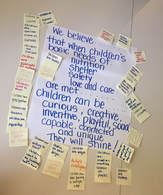 Inspired by the teachers in Richmond, we decided to take time to ask ourselves, "What do we believe about children and learning? We began by writing our thoughts on sticky notes and then categorizing these. Next we came together in small groups to with our notes and worked collaboratively to formalize our thoughts. It took time and few iterations but as you can see/read below, this was important work. We hope to continually revisit these beliefs and let them guide our work this year. Connected to this, we spent some time thinking about the language we use to describe our students. Sometimes when describing our case study students or during classroom visits I have heard students referred to as "low, struggling, or at-risk". We've all done it, myself included. These deficit based terms stand in stark contrast to the aim of Changing Results. The Changing Results initiative is about honouring our students and believing in their abilities. Our goal is to accept children as they are - to discover and celebrate their strengths - to find out what they know and take action to help move them forward. Janice Novakowski wrote a thoughtful blogpost on "What does it mean to be a 'low' math student?" She asks teachers some important, challenging questions. We used some of Janice's thoughtful questions, in combination with some other quotes and dictionary definitions, as provocations for a deep discussion about the importance of our professional language. My colleague Ginny Tambre, who is the Changing Results for Young Readers Advocate, serendipitously was reading Charlotte's Web just before our session and came across the following passage. She wondered if Charlotte knew something we, as teachers, could learn from. What power lies in the words? Do we live up to what others believe about us? Perhaps, we could try to be more like Charlotte and with our strength-based words we could develop children who believed in themselves. Together we committed to making a change in the language we use and seeing where that takes us. Below is a copy of what we created: When we reconnected again this past week, we continued to talk about the power of our language as teachers, and how what we say matters. Two of our teachers led us through an activity for our book club. We are reading Tracy Zager's Becoming the Math Teacher You Wish You'd Had. They asked us to read and sort several statements teachers often use into piles that would or would not encourage student risk taking. Some phrases were easier to sort than others. We discussed that our tone and intonation matter, as well as our knowledge of our students. For example, the phrase "I have a great challenge for us today" may cause some confident students to feel excitement; whereas, a student with a diminished belief in their mathematical abilities, may be intimidated by this statement.
It was another reminder that what we say matters. As teachers, we hold a great deal of responsibility in setting the tone of our classrooms. If we want to create safe spaces where our students believe in themselves, take risks, see mistakes as learning opportunities, then we must intentionally develop this. We do through our daily interactions with our students, the learning opportunities we design for them, and through taking the time to reflect on our actions to ensure they match our core belief and intentions.
2 Comments
John Horstead
1/18/2018 10:30:24 am
I am taking a screen shot of parts of this blog post. When dedicated professionals get together and ask great questions..... great things result. I commend you on your continued journey to explore possibilities and to foster positive attitudes and competencies around the teaching and learning of math.
Reply
2/8/2018 01:19:30 am
Being a teacher is never easy. Even their small gestures can have a great impact to their students. This is why I agree when you said that what you say matters. This message applies to all of us. No matter where we are, we should be careful of the things that comes out of our lips. Words are so powerful that it can even break relationships. As educators, we have to be sensitive and let our words be an inspiration to our students.
Reply
Leave a Reply. |
About Me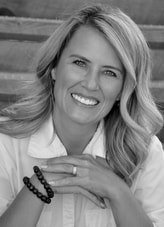
I am a Numeracy Helping Teacher with the Surrey Schools District. Each day I am thankful for being able to work with amazing students and teachers in an area I am passionate about ~ Mathematics! Subscribe:Click the RSS feed button
Archives
October 2018
Categories
All
|
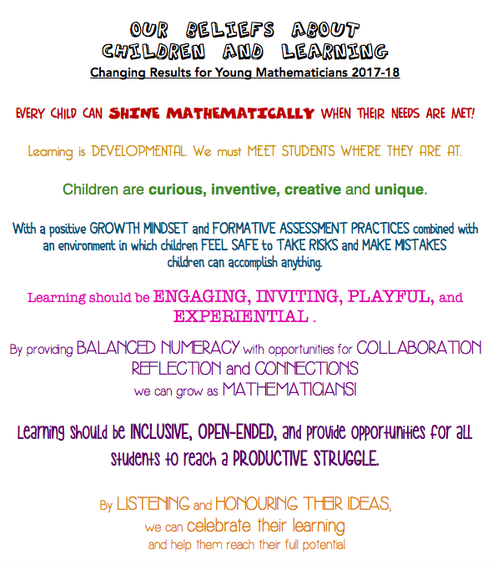
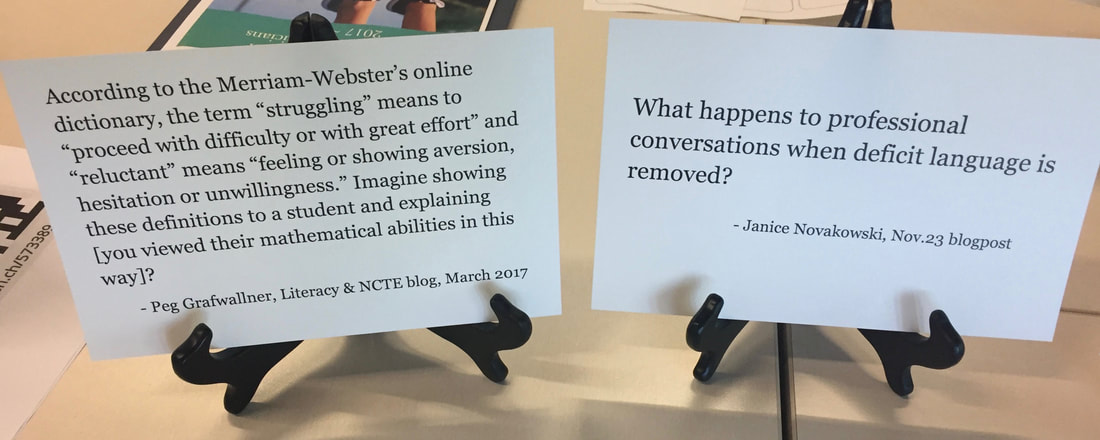
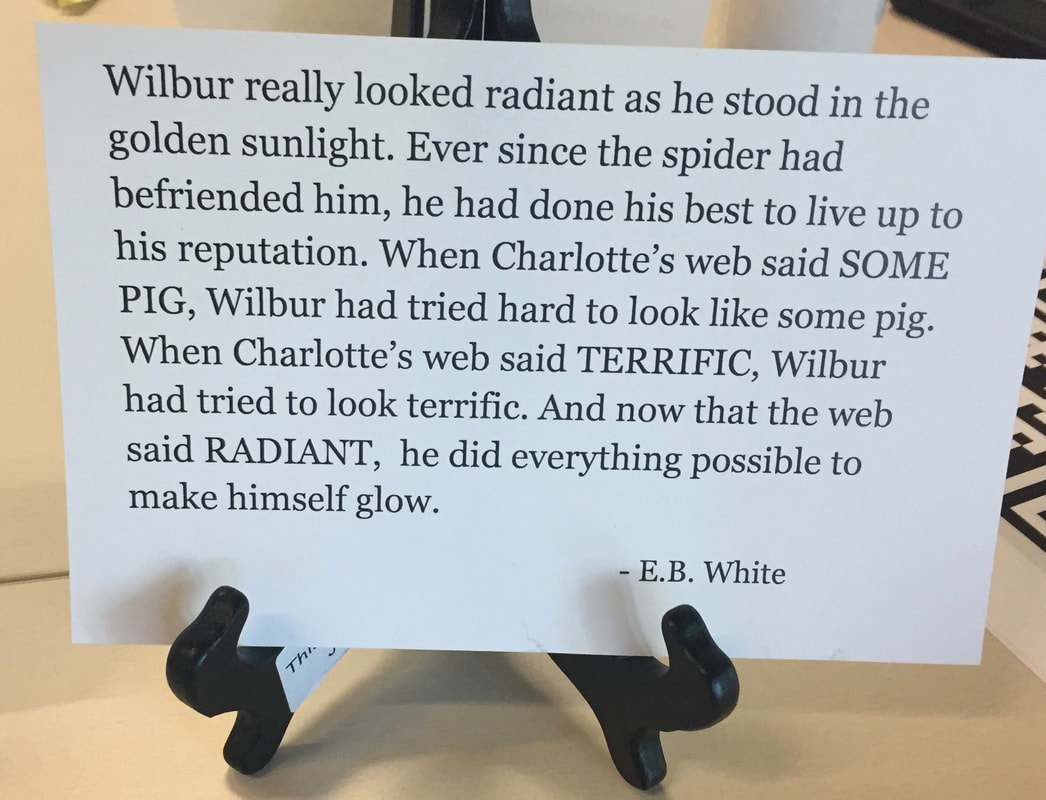
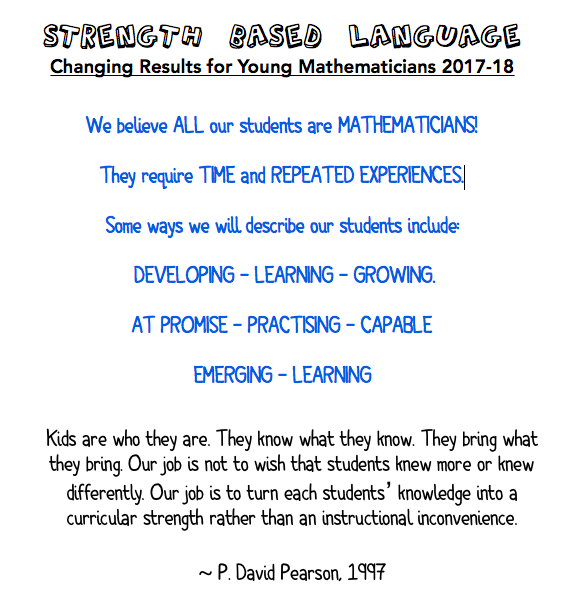
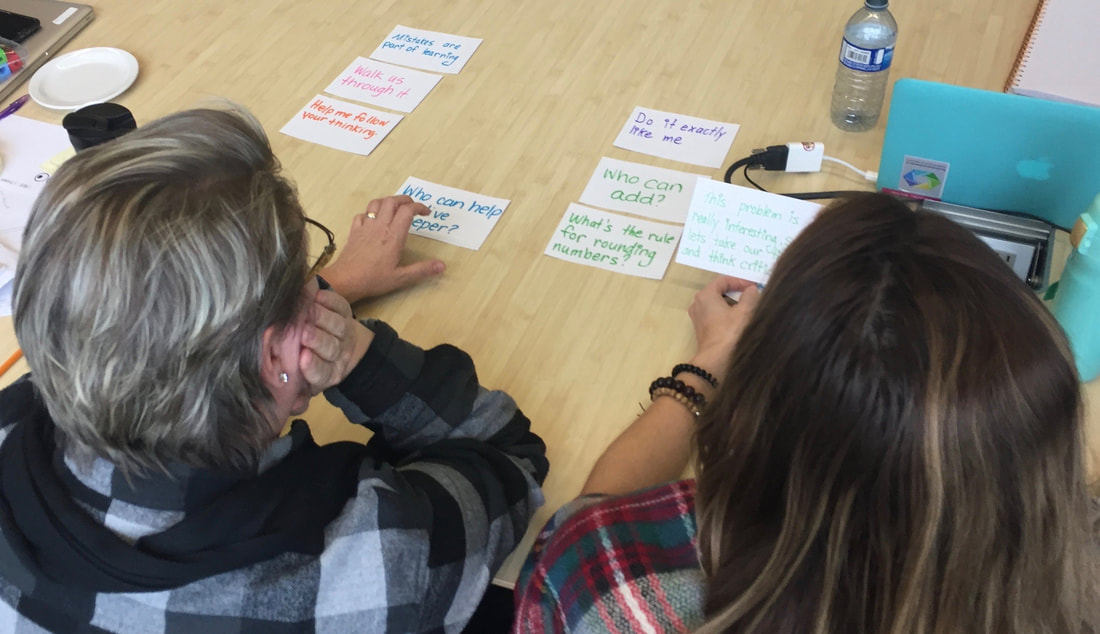
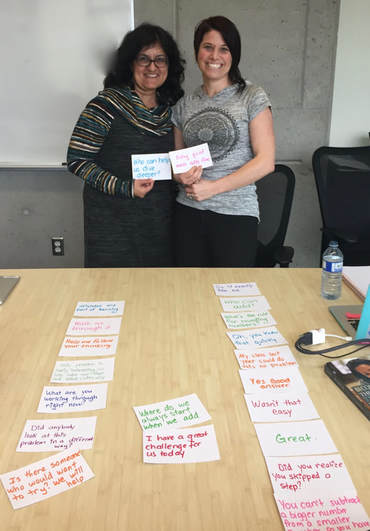
 RSS Feed
RSS Feed
